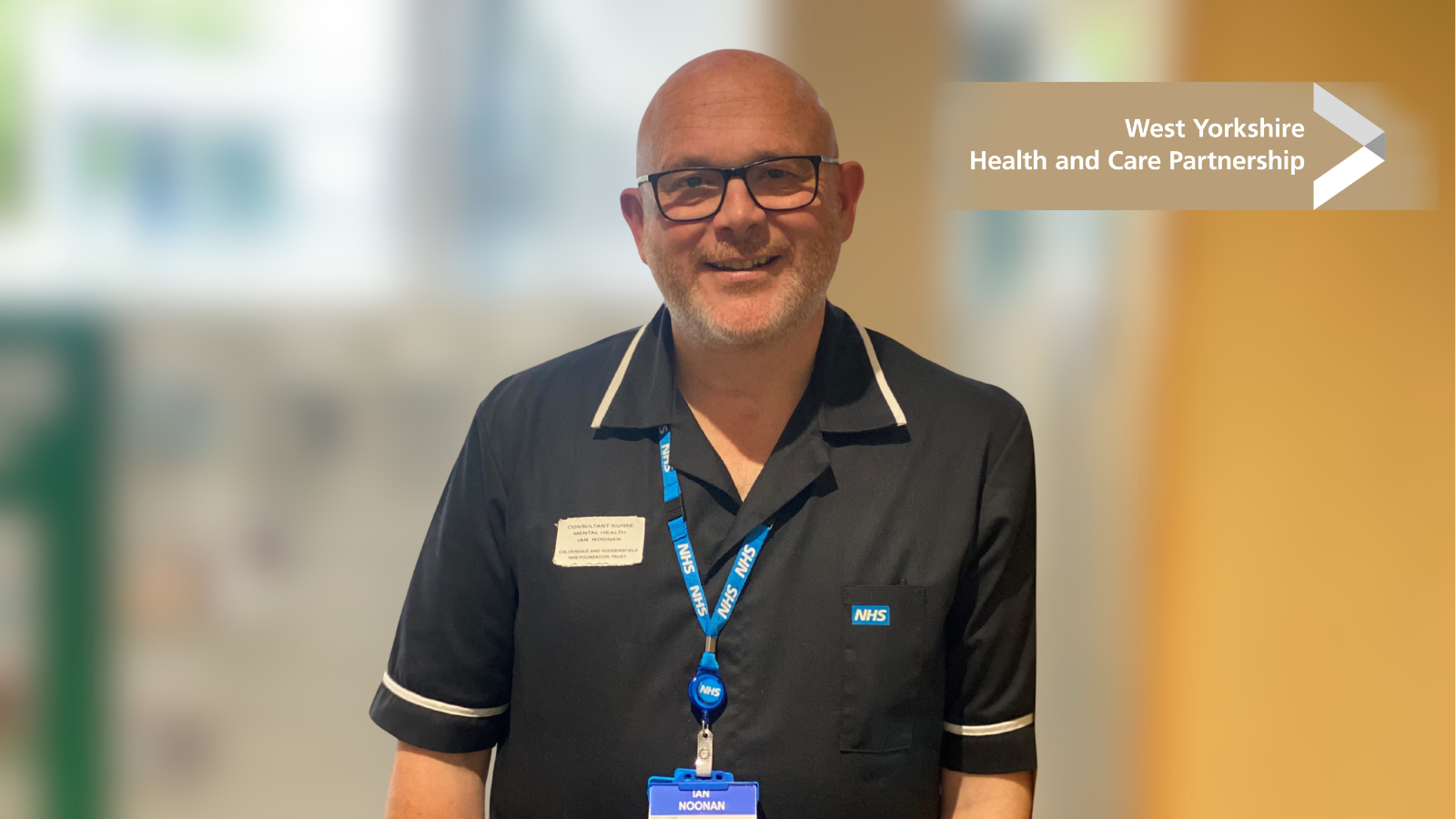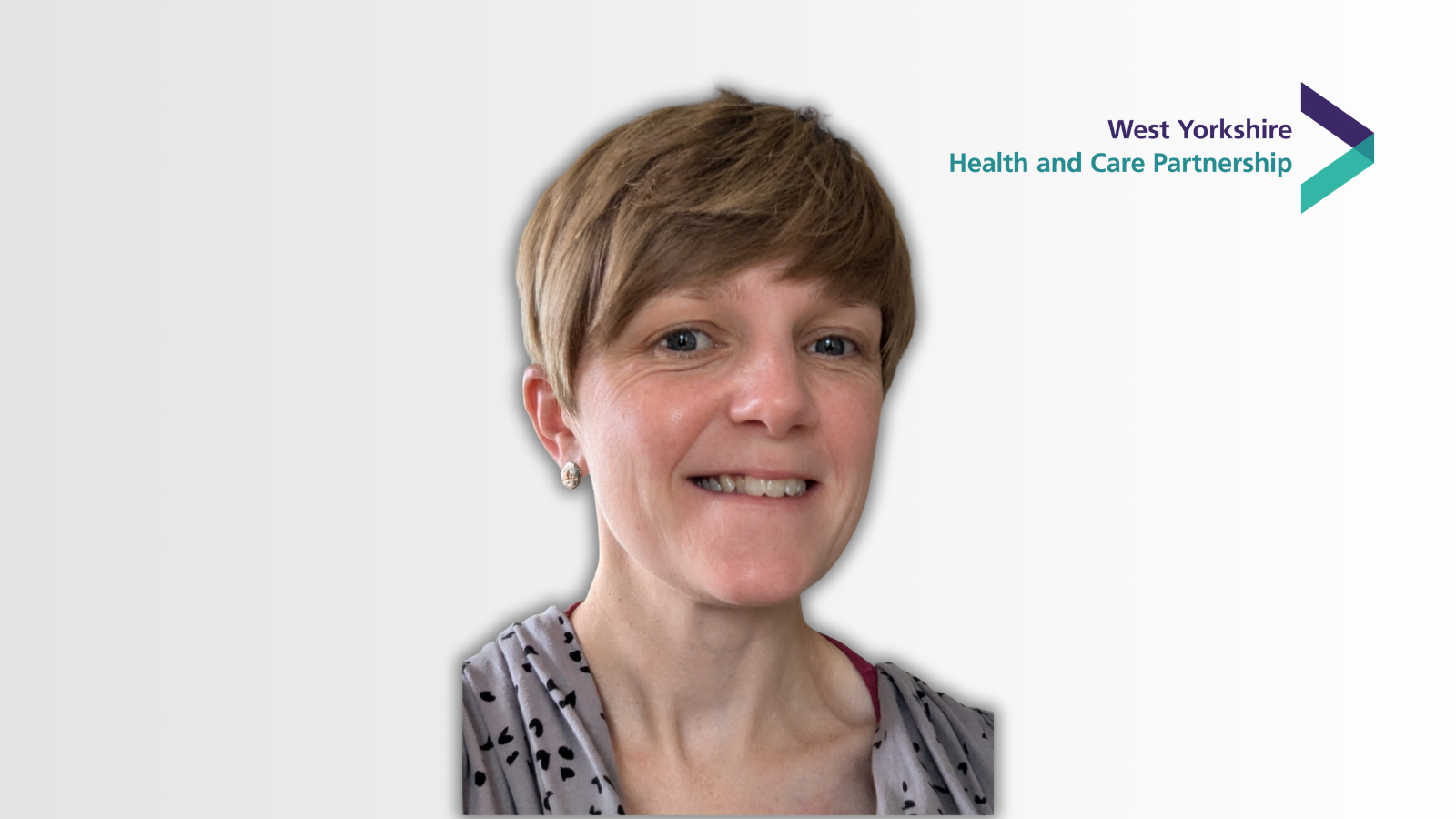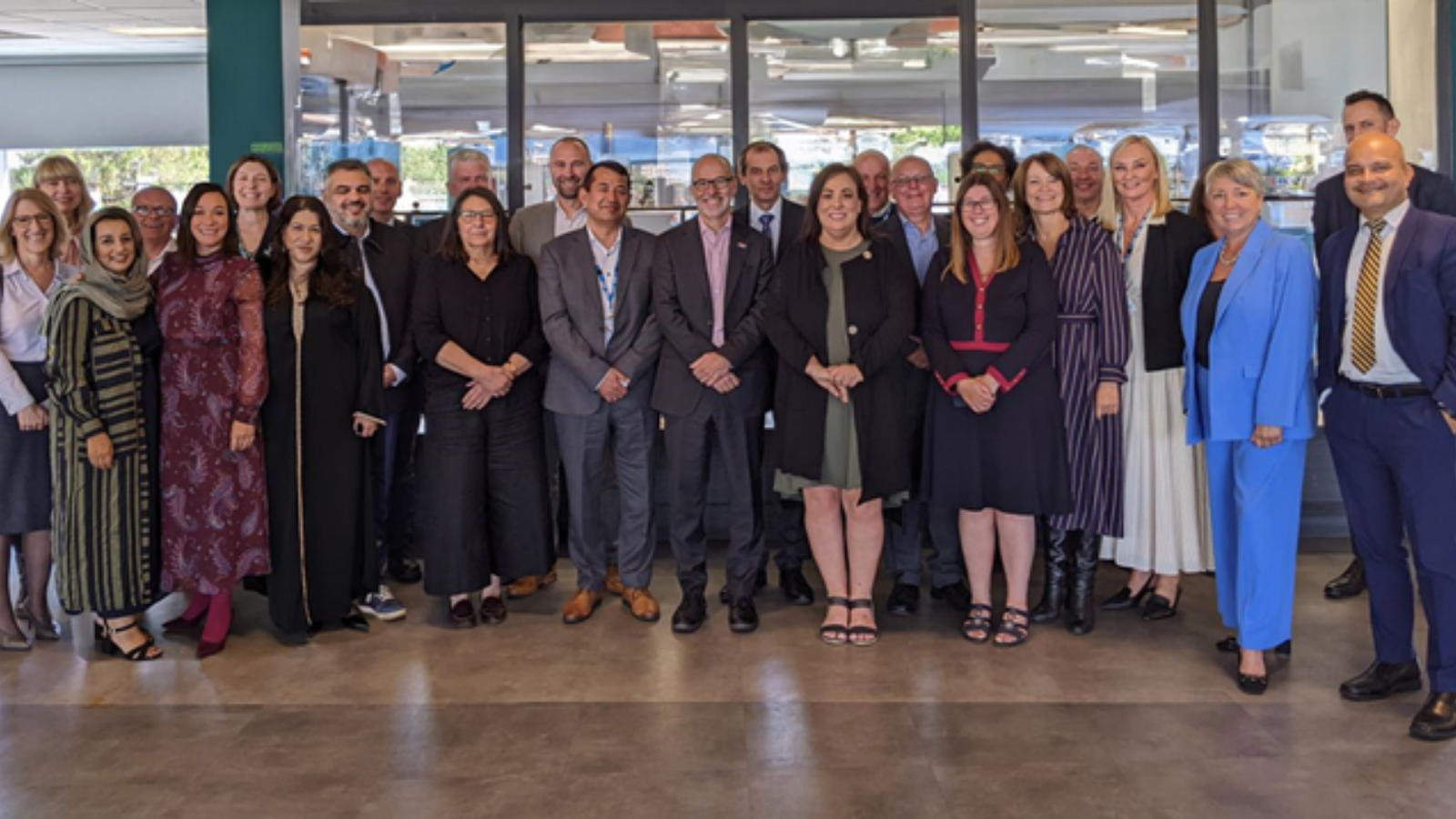All too often, mental illness can become a barrier for people accessing physical healthcare. For example, something as simple as an early morning appointment for a physiotherapy assessment may be inaccessible to someone who takes medication for a mental illness that might leave them drowsy early in the morning. There is also a risk that when someone has a diagnosis of a mental illness, that they, and we as professionals, might assume that a new physical symptom or worry is related to their mental health – something known as ‘diagnostic overshadowing’. We would all hope not to do this, but the evidence is clear that in the UK, people with serious mental illnesses have much poorer physical health outcomes, with fewer years lived without long-term physical illnesses, and with a much shorter life expectancy.
As a nurse consultant for mental health, my role includes clinical practice, teaching, training and research-led quality improvement. This means I get to work on a one-to-one basis with people who have complex physical, mental health or social needs that impact on their access to healthcare. For example, someone with a severe needle phobia being able to access blood tests. I also lead on organisational interventions such as training in ligature safety.
One of the most successful training interventions has been becoming a lead trainer for Making Every Contact Count for Mental Health. Over 200 colleagues have completed this study day in brief interventions for mental health and wellbeing. I have also trained diverse groups such as medical secretaries and booking clerks (who often have to support people in distress on the phone), hospital chaplains, pharmacists, operating department practitioners, as well as nurses, midwives, doctors, advanced clinical practitioners (ACPs) and allied health professionals (AHPs). There is a rich appetite for learning about mental health at CHFT – evidence that colleagues are really keen to meet patients’ mental health needs.
My role also includes working with community nurses, AHPs and community matrons in Calderdale. They are often working with people who may not be managing their self-care well and being able to distinguish between choices about lifestyle, poor self-care, self-neglect, and when someone may lack capacity to make an informed decision about their health is very difficult. I have supported practitioners in making assessments of someone’s executive functioning. This means their ability to process information, plan, organise and take actions based on their decision-making about health choices. It can include their working memory, cognitive flexibility and self-control.
But we do not sit alone, we are part of a wider system where each partner plays an important contribution in supporting the mental health and wellbeing of our communities. Part of this is the work I am involved in with a number of partners across Calderdale and Kirklees, including NHS partners, public health and emergency services, in the real-time surveillance of suspected suicides. The aim of this work is to bring practice improvements across our services that might contribute to the prevention of suicide.
Each World Mental Health Day focuses on a different theme, and this year it looks at our mental health in catastrophes and emergencies, and the feeling of being overwhelmed. Whilst there is lots happening in the world that can leave us feeling overwhelmed, there is no one definition of what constitutes a catastrophe or mental health emergency. What might feel like a small threat to one person may feel overwhelming to another.
When there are times that I feel overwhelmed, I like to think of the next small thing that I can do for the person I am working with. It might feel cliché, but a cup of tea is often a good place to start. Offering someone your time and trying to understand how things are for them right now, gives them space to breathe and can mean a lot to them.
For me, music is the thing that helps create time – when I am playing, as I do with Slaithwaite Philharmonic or Huddersfield Philharmonic Orchestras, it requires mental and physical concentration. That means I often cannot remember the thing I was worrying about before the rehearsal – and (at least most of the time) we are creating something beautiful together.
I hope you can create time this weekend for you or for someone else.
Thank you for reading, Ian.



 We also have a blog from
We also have a blog from 